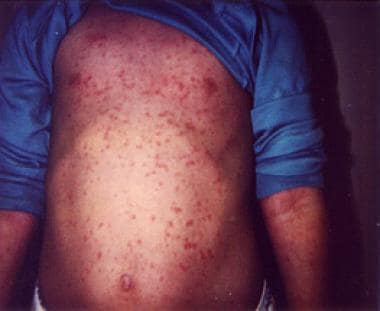
Introduction
Rubella, also known as German measles, is a contagious viral infection that poses serious health risks, particularly to pregnant women and their unborn children. As public health authorities continue to focus on vaccination efforts, understanding rubella is more crucial than ever. The importance of vaccination cannot be overstated, as it not only protects individuals but also helps prevent outbreaks that can have extensive public health impacts.
What is Rubella?
Rubella is caused by the rubella virus, which is spread through respiratory droplets from coughs or sneezes. The disease is typically mild in children, characterised by a light rash that begins at the face and spreads downwards. However, rubella can lead to severe congenital defects if contracted during pregnancy, particularly in the first trimester.
Symptoms and Transmission
Common symptoms of rubella include a rash, fever, sore throat, and fatigue. Unlike measles, rubella causes milder symptoms and lower fevers. The virus can be contagious from about a week before the rash appears until about a week after the rash develops. This makes control and early diagnosis essential to prevent its spread, especially among vulnerable populations.
Public Health Impact
In the past, rubella epidemics resulted in significant morbidity and mortality. According to the World Health Organization (WHO), rubella is responsible for more than 100,000 cases of congenital rubella syndrome (CRS) each year. CRS can lead to serious birth defects such as deafness, heart defects, and developmental delays. Thus, vaccination not only protects individuals but also plays a key role in eradicating rubella globally.
Vaccination as a Key Preventative Measure
The most effective way to prevent rubella is through vaccination. The MMR (measles, mumps, rubella) vaccine is administered during childhood, typically at 12-15 months, with a second dose between 4-6 years of age. Despite its effectiveness, some regions have experienced a drop in vaccination rates due to vaccine hesitancy. Public health initiatives are crucial in addressing misinformation and encouraging vaccination to achieve herd immunity.
Conclusion
Rubella remains a significant public health issue with implications that extend beyond individual health. Vaccination efforts are critical in reducing the incidence of this virus and protecting vulnerable populations, especially pregnant women. Continuous education and outreach efforts will be essential as health authorities strive to eliminate rubella for good. For readers, staying informed and advocating for vaccination is a vital step in combatting this preventable disease.
You may also like

The Role of Metro Systems in Modern Cities

Costa Coffee’s Commitment to Sustainability in 2023
